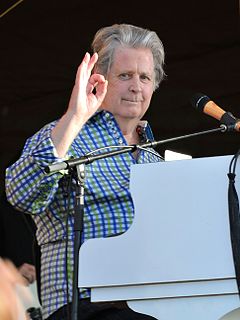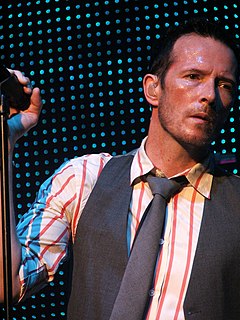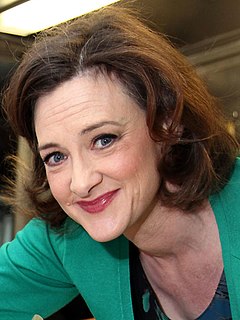A Quote by Annette Bening
My character in 'Running With Scissors' is manic-depressive. She starts out as a wonderfully eccentric person, and then descends into a terrible illness.
Related Quotes
I knew I was a manic depressive when I was 13 or 14, and I loved it. I always told people what I had, and I was always cresting on a manic wave. I used it, willingly and happily, and it was an extraordinary experience. When I got hit with the depressive side - Boom! - yes, it was horrible and unendurable, but that's part of the story.
The Chinese believe that before you can conquer a beast you first must make it beautiful. In some strange way, I have tried to do that with manic-depressive illness. It has been a fascinating, albeit deadly, enemy and companion; I have found it to be seductively complicated, a distillation both of what is finest in our natures, and of what is most dangerous.
I remember watching Meryl Streep in, The River Wild. There's this scene where she's has a gun pointed at her, it's absurd in a lot of ways. Someone pulls a gun on her I think, I'm not really fully aware of the scene and she just, she starts, you see her terrified. And then all of a sudden she starts to burst out laughing. She starts laughing. Like she can't stop laughing. Because she's terrified and she's emotional and there are no rules to what you're supposed to feel. That to me is like A number one, that's the thing I have to remind myself all the time.
































